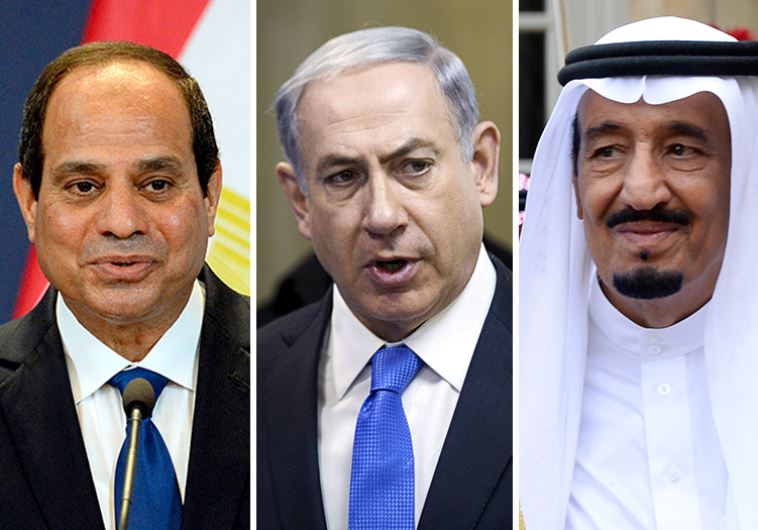Netanyahu switches tactics for blocking Iran nuclear deal. Iranian Guards chief: We will never accept it
DEBKAfile Special Report July 21, 2015
Prime Minister Binyamin Netanyahu has switched tactics for his struggle against the nuclear deal between Iran and world powers. The accord was unanimously endorsed Monday, July 20, by the UN Security Council and European Union in the first step towards winding down sanctions.
debkafile’s Washington and Jerusalem sources report that the prime minister has turned aside from his effort to persuade a majority of US lawmakers to thumbs-down on the deal by vetoing a presidential veto. He realized that his chances of success were slim. Netanyahu plans instead to put before the US Congress a proposal for new laws to specify in detail the issues on which Iranian violations would make US administration penalties mandatory. This legislation would spell out the penalties and their duration.
Netanyahu recently confided to his advisers that he has become less concerned with the number of Democratic senators who might vote against the nuclear accord, and a lot more about the content of the separate transactions the powers have signed with Iran, including secret annexes which the administration signed off on and has not disclosed to the American public.
All these contracts, including the arrangement with the International Atomic Energy Agency-IAEA, are, Netanyahu notes, couched in “extremely economical terms” – general enough to give Tehran plenty of room for maintaining that its breaches are legitimate.
A key example of this is the item on monitoring Iran’s nuclear facilities. President Barack Obama and administration officials emphasize tirelessly that inspections will be deeper and more extensive than ever before, and no nuclear activity will escape the notice of US intelligence. But, according to the prime minister, the deal with the IAEA and the secret annexes of the Vienna accord open the door for Iran to conduct covert activity which US intelligence would not be obliged to report.
Furthermore, a key clause in the main body of the deal (Part 10 on page 142) includes a promise by the US (et al) “to safeguard Iran’s nuclear plants and facilities against terrorist attacks, outside disruption, or sabotage.”This commitment obviates the US pledge to leave the military option on the table. But most of all, it ties Israel’s hands for crippling a covert Iranian nuclear weapons program by permitting Tehran to invoke this clause.
It is these lacunae in the nuclear deal which Netanyahu seeks to plug by means of new, precise US congressional legislation. debkafile’s sources note that such legislature would be the US Congress’s answer to the law the Iranian Majlis adopted on June 23 – and the Guardian Council a day later – whereby the nuclear accords signed in Vienna would go into force only if all sanctions were lifted forthwith. Then, too, the foreign minister would be required to report to the Iranian parliament every six months on the performance of the six world powers which signed the deal in complying with their commitments under the accord.
Last Sunday, July 12, two days before the Vienna accord was signed, President Hassan Rouhani issued an executive order under the heading “Nuclear Achievements Act” for Iran’s Foreign Ministry and its Nuclear Energy Agency AEOI to implement… the Majlis resolution.
In other words, for Tehran, the entire Vienna package is still up in the air, held in abeyance for the world powers to obey the condition laid down by the Iranian parliament.
Tehran was also quick to negate the unanimous UN Security Council resolution and its endorsement by European Union foreign ministers, which mandated the gradual lifting of sanctions in pace with Iran’s compliance – not forthwith as stipulated by the Majlis.
To make sure this situation was clearly understood, with no ifs or buts, Islamic Revolutionary Guards Corps commander Mohammed Ali Jafari stepped forward Monday, July 20, and announced: “Some of the points inserted in the draft (UN resolution) are clearly in contradiction to the Islamic Republic of Iran’s major red lines and violate them, particularly regarding arms capabilities, and we’ll never accept it.”
He designated the most “critical red line” as being the “maintaining and upgrading of Iran’s defense capabilities.”
Since Tehran views the development of intercontinental ballistic missiles a “defense capability,” Jafari’s words were a warning to the world powers that Iran’s ICBM program was inviolable.
The prime minister advises US Congress to match the Iranian parliament by pursuing the opposite tactic. Whereas, Iran’s lawmakers, instead of endorsing the Vienna nuclear deal, enacted measures for circumventing it, US lawmakers must give it teeth to block Iranian evasions.




















